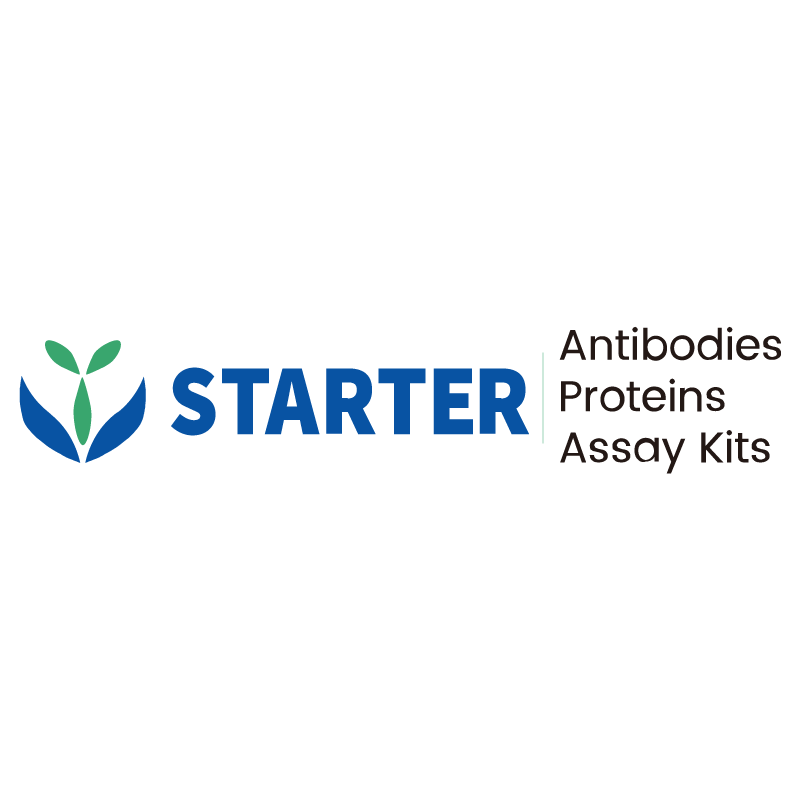Flow cytometric analysis of C57BL/6 mouse splenocytes labeling CD8α at 1/2000 (0.01 μg) dilution / (Right panel) compared with a Rat IgG, Isotype Control / (Left panel). Goat Anti - Rat IgG Alexa Fluor® 488 was used as the secondary antibody. Then cells were stained with CD4 - Alexa Fluor® 647 separately. Gated on total viable cells.
Product Details
Product Details
Product Specification
| Host | Rat |
| Antigen | CD8α |
| Synonyms | T-cell surface glycoprotein CD8 alpha chain, T-cell surface glycoprotein Lyt-2, Lyt-2, Lyt2 |
| Immunogen | Recombinant Protein |
| Location | Cell membrane |
| Accession | P01731 |
| Clone Number | S-353-45 |
| Antibody Type | Recombinant mAb |
| Isotype | IgG1,λ |
| Application | FCM |
| Reactivity | Ms |
| Purification | Protein G |
| Concentration | 0.2 mg/ml |
| Conjugation | Unconjugated |
| Physical Appearance | Liquid |
| Storage Buffer | PBS, 40% Glycerol, 0.05% BSA, 0.03% Proclin 300 |
| Stability & Storage | 12 months from date of receipt / reconstitution, -20°C as supplied |
Dilution
| application | dilution | species |
| FCM | 1:2000 | null |
Background
CD8a, also known as CD8α, is a molecular marker on the surface of T lymphocytes. It belongs to the family of leukocyte differentiation antigens and is primarily expressed on the surface of cytotoxic T lymphocytes (CTLs). CD8a plays a crucial role in immune responses related to cytotoxicity and local inflammation. It has the ability to bind to MHC class I molecules. The expression level of CD8 molecules undergoes changes during various stages of T cell differentiation, development, and in response to T cell stimuli. Additionally, CD8a is closely associated with autoimmune monitoring, humoral immune responses, and transplant reactions. For instance, CD8a can serve as a monitoring indicator for certain autoimmune diseases and plays a significant role in immunotherapy for anti-tumor and anti-viral treatments.
Picture
Picture
FC


